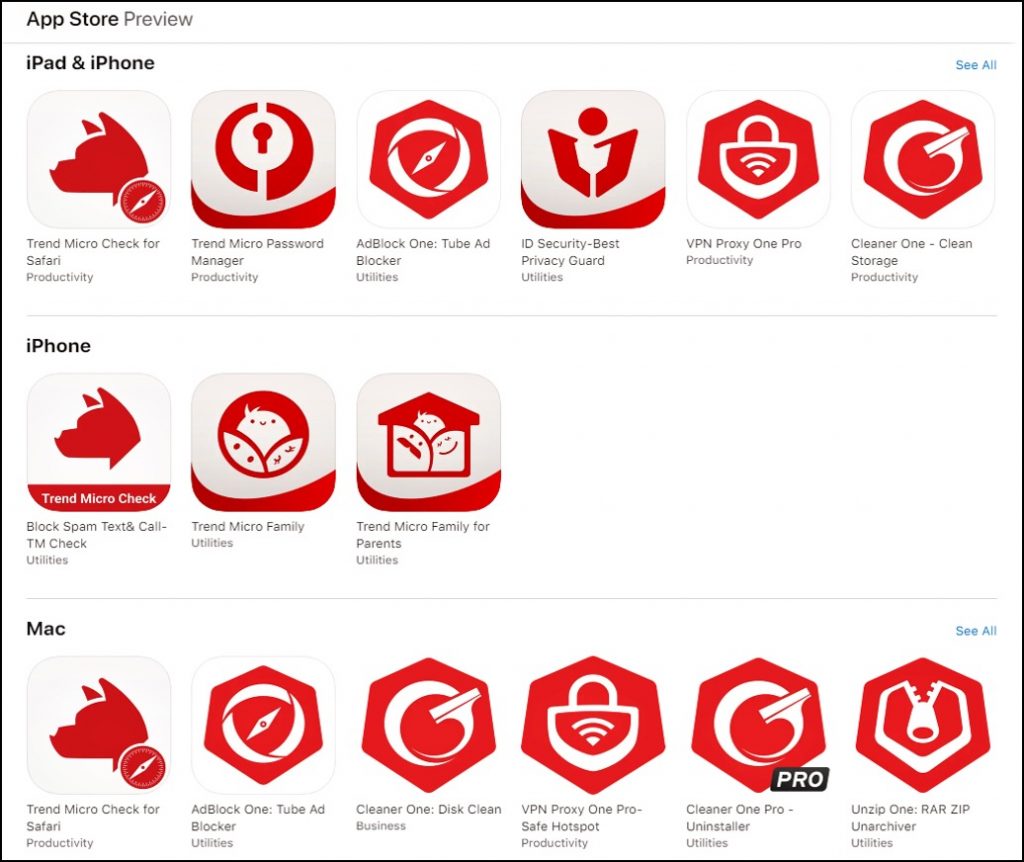Founded in 2012, ScamAdviser helps over 3 million consumers every month to identify and stay clear of scams and scam websites. One of its key features is the website rater, the “ScamAdviser Trust Score”, which uses a complex algorithm to reach an evaluation of a website’s trustworthiness.
Recently we had the chance to interview Jorij Abraham, who heads the team of scam fighters based in the Netherlands. Read on for some great some insights into scams, cybersecurity, and the great work that ScamAdviser does.
1. Thanks for joining us, Jorij. Before we start, why don’t you tell us a bit about yourself? How did you end up in the business of fighting scams?
I ended up in the (anti-)scam business by accident. I worked for Thuiswinkel.org and Ecommerce Europe (the Dutch and European ecommerce associations), where I was Director of Research. In 2016 I wanted to launch a global trust seal. The global trust seal never became what we hoped for, but in the process we acquired ScamAdviser.com in 2018 from Marc, a developer from the UK. ScamAdviser proved to be a success and since 2020 we’ve decided to focus all our efforts on scam fighting.
2. Your founder, Marc, started ScamAdviser after being scammed over fake golf clubs. Do you have a personal scam story that made you take the issue seriously?
Marc indeed started ScamAdviser in 2012. I think everybody gets scammed at least once in his/her live. Years ago, I lost several thousand euros in an online market place scam. I handed over the keys to a boat I was selling before the full amount was paid. I trusted the guy. He never paid the rest. We contacted the police and heard we that he had scammed dozens of people in this way.
3. What advice would you give those who are worried about falling victim to an online scam? What section of society is most at risk, in your view?
The general belief is that scam victims are stupid, greedy, or both. Every year we do a study among 5,000 consumers. The result: PhD candidates get scammed just as much as people with little education. The scams just differ. In addition, scammers are professionalizing and are targeting every group: the elderly with investment scams to “boost” their pension funds; students with cheap, non-existent, loans; and kids, like my son, with Roblox game scams that try to get to daddy’s PayPal account.
4. What are 3 (or 5) character traits you think are valuable in spotting scams?
Patience and common sense. Several scientific studies have shown that people who are more impulsive fall for scams easier. If you combine patience with common sense (if it is too good to be true, it usually is), then the chances of falling for scams are dramatically reduced.
5. Cybersecurity is always in flux. How has scam detecting changed since ScamAdviser was founded in 2012?
Scams have become increasingly professional in several ways. They are more personal as they scrape our social media accounts and use our own data against us. They use the names of our friends, or a password that was hacked years ago — and other personal info we leave on the net. They also specialize in specific scams. As a result, investment scams, romantic dating scams, helpdesk scams are way more professional than ever before.
Because of this, we’re having to continuously improve our algorithms to keep up to speed with their latest tactics. The scam fighters we work with also specialize in specific kinds of scams, and we really need their knowledge.
6. Are we becoming more secure, or less? Looking ahead to 2023, what is the biggest threat to our cybersecurity?
Less. According to the World Economic Forum, 0.05% of all cybercriminals are currently prosecuted. Cybercrime pays. I do not see this percentage improving in the next few years. Primarily because law enforcement from different countries need to be able to work together seamlessly in order to share intel and apprehend scammers faster — with all the global tensions, this is not going to happen fast.
Likewise, the economic downturn is going to make us more vulnerable to scams. Due to inflation, high costs of living, and higher unemployment, people are looking for new ways to make ends meet.
7. I read that you have 4 million visitors a month. Where are the majority of your users based?
60% of our visitors are from English speaking countries (USA, UK, Canada, Australia). However, we are getting visitors from every place around the world, from Austria to Zambia. Remarkable enough, 60% of our users are male and also quite young. The most checked category of websites they check are online shopping sites — but a close behind are crypto, NFT, forex, and all other kinds of (high risk) investment websites.
8. How does ScamAdviser’s “trust score” work? Sometimes two websites that are obviously fake — with similar red flags — will have different scores.
The algorithm of ScamAdviser utilizes more than 40 data sources: from the IP address of the web server, the availability of contact details on the website, the age of the URL, ratings on review sites, and much more. Seemingly minute differences between two websites can also result in a different trust score.
9. Other than ScamAdviser, what cybersecurity tools do you use, or would recommend?
We are very happy that Trend Micro is using our data to protect its users from scams. I think every consumer should have a strong security suite installed. Not only on his computer but especially his mobile. Most people also forget that protecting themselves is no longer enough. You have to make sure your kids are protected as well. They are the heavy internet users, and unfortunately, also notoriously fearless in downloading games and movies.
10. Is there a pervasive myth regarding online scams that you would like to address?
Yes: “I know how scammers work. I will never be scammed.” Scientific research, including ours, shows that 76% of people believe they are (very) good at recognizing scams. At the same time, 74% of these people get scammed! As I said before, everybody can get scammed, the scammer just has to send us the right message, at the right time.
11. What is the most convincing scam that you have ever encountered? And secondly, what is the most ridiculous, obvious scam that you have ever encountered?
The most ridiculous thing a scammer ever did was send me a letter from “his lawyer” stating that he was not a scammer. In the letterhead it said “legal template”.
On the other hand, I check dozens of websites manually every day to improve our algorithm. Many of them, I consider legitimate after checking not only their website, but also their company registrations, LinkedIn profiles, technologies and servers used, etc.
Some investment banking and forex trading sites look incredibly professional, and scammers spend millions to organize real life events and endorsements from celebrities. Professional scammers make sure that their offer looks good, but not too good to be true. You’ll only find that out when your money is gone…
12. Finally, do you have any exciting projects or events coming up at ScamAdviser?
Currently with ScamAdviser.com, we focus on helping people check if a website is a scam. In 2023 we are going to expand to allow consumers to search anything for a scam, be it a Facebook page, phone number, cryptocurrency address, Instagram account, etc. We want to become the global database of scams where people can check and report any kind of scam.
With the Global Anti Scam Summit in November, which ScamAdviser supports, we hope to bring together governments, law enforcement, and commercial organizations such as Trend Micro to share knowledge and insights on fighting online scams. The aim is to define concrete actions to combat online fraud more effectively and efficiently.
Many thanks for your time, Jorij. Great to have you sharing your insights. Keep up the great work!
Thank you. And same to you!
A Helping Hand from Trend Micro

Of course, it would be remiss of us not to mention Trend Micro’s great line of products for your Apple devices, currently available. Whether it’s the brilliant personal information-protecting ID Security, or the new exciting Trend Micro Family, or the ever-popular scam fighting Trend Micro ScamCheck — there’s a great line of products available to try, often for FREE! Why not have a look on the App Store today?
We hope you enjoyed this interview, folks! As ever, we hope this piece has been of interest and/or use to you — if so, please do SHARE with family and friends to help keep the online community secure and informed.
